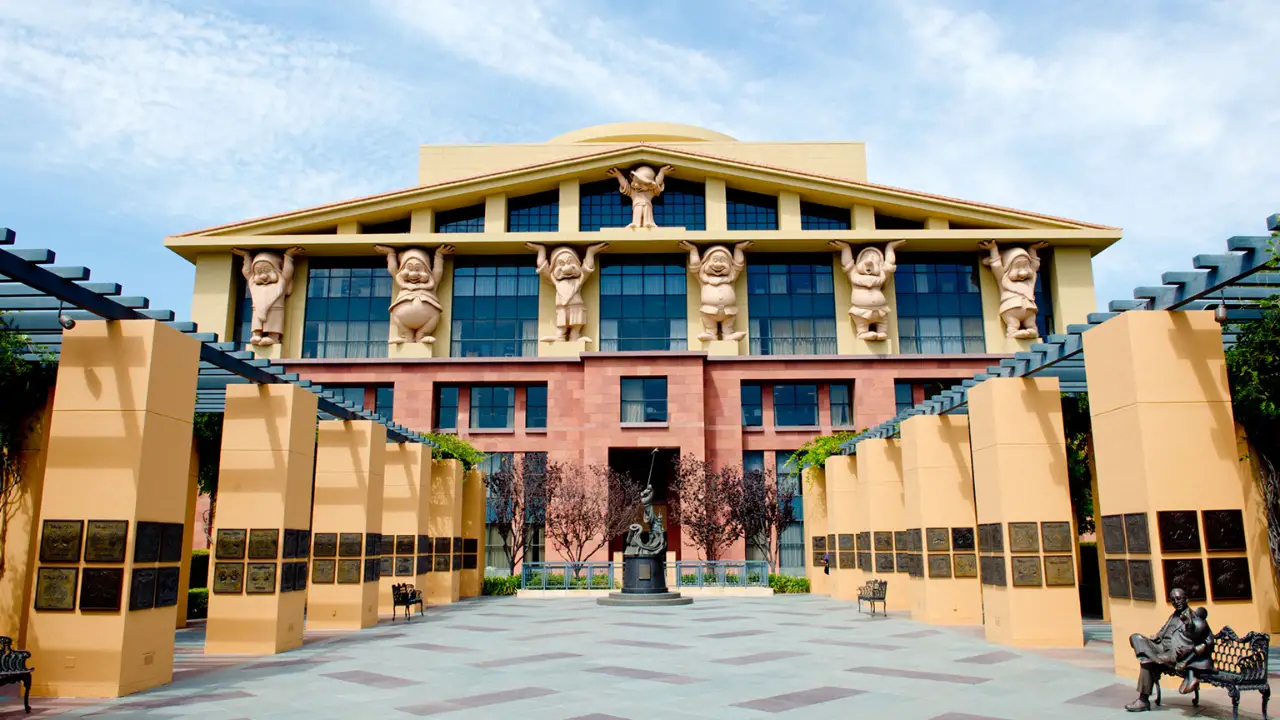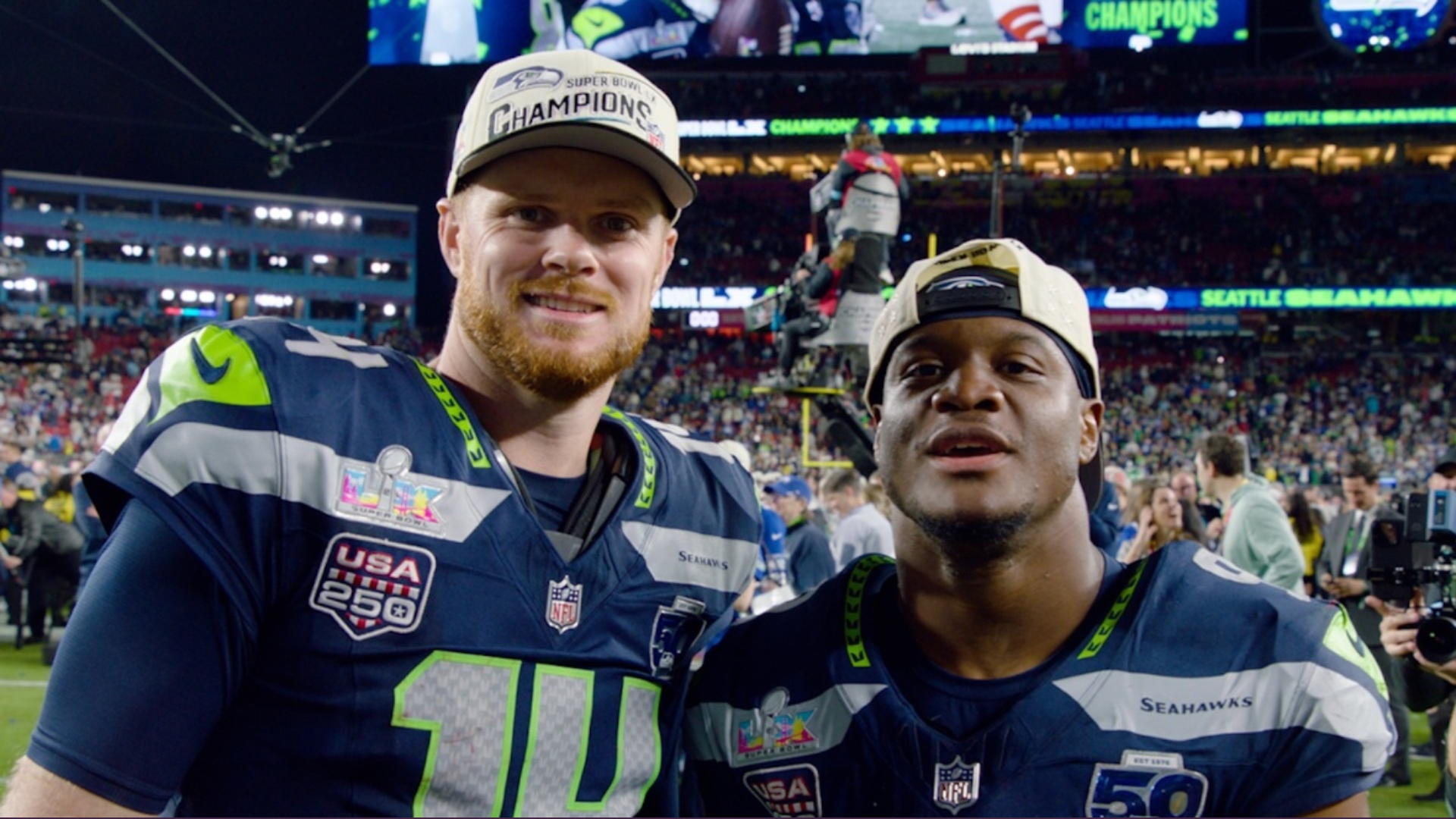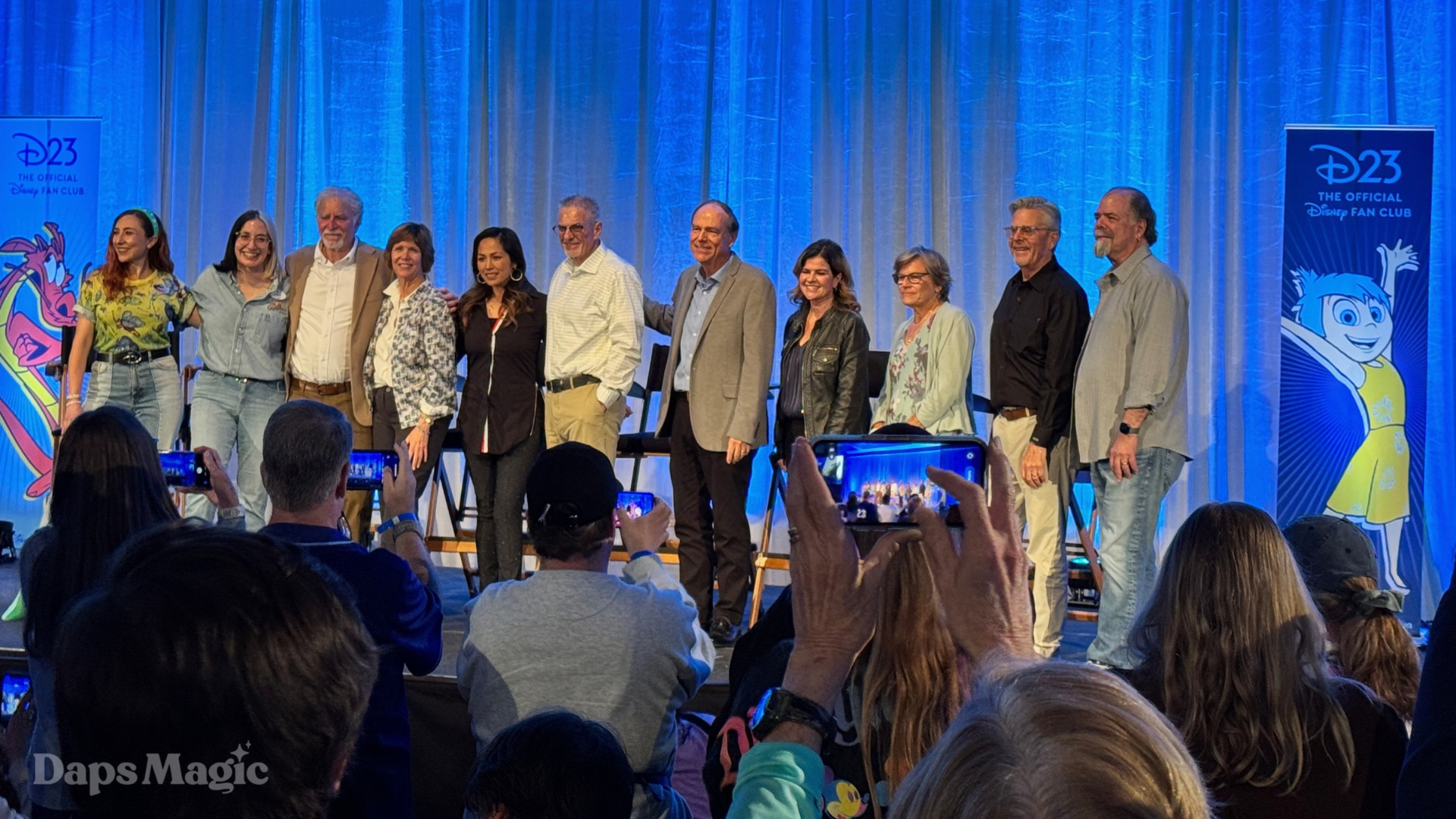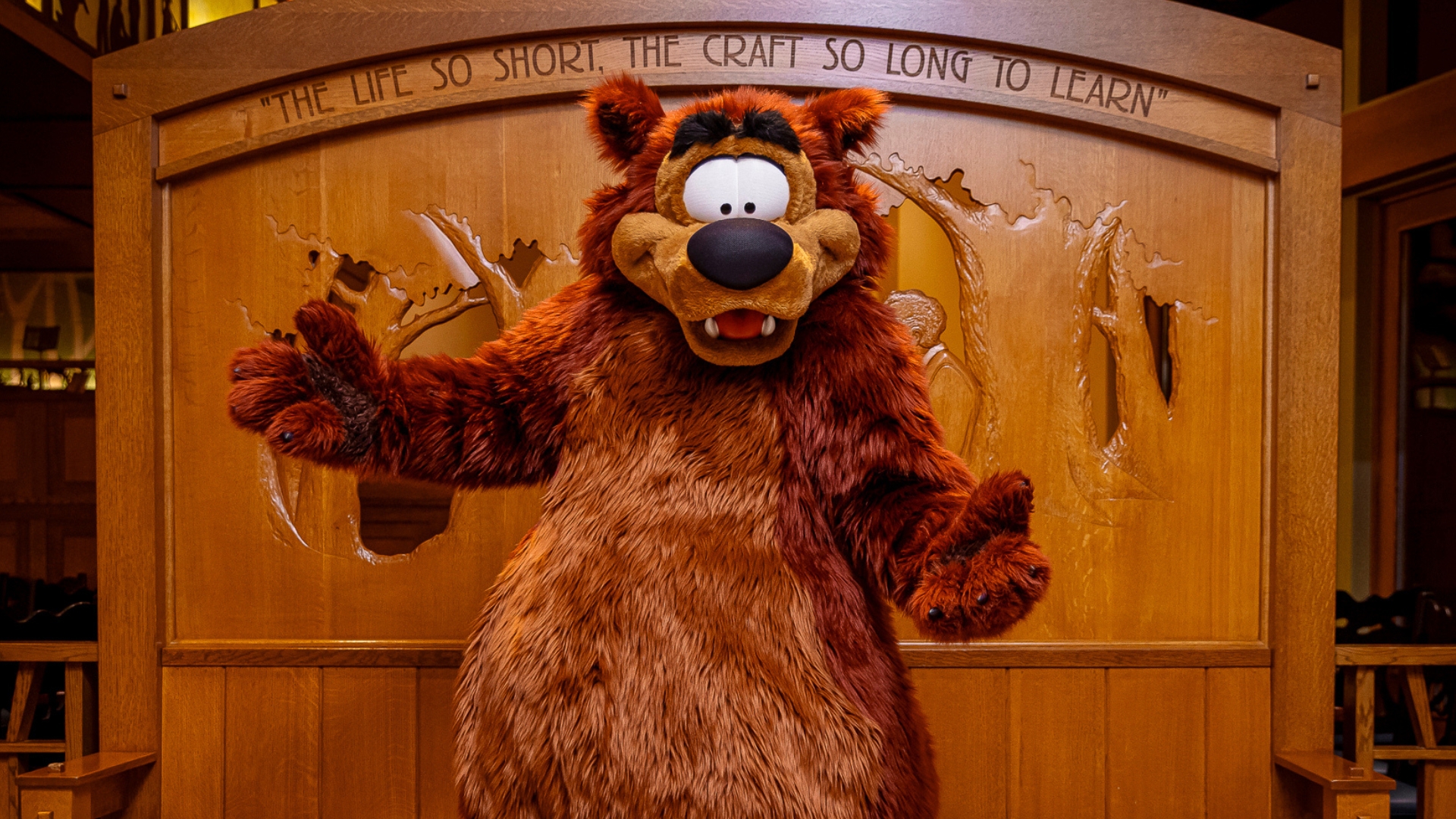On Tuesday, The Walt Disney Company rejected Nelson Peltz’s nominations for its board of directors. The Nelson Peltz-led Trian Fund Management, L.P. and its affiliates had nominated Nelson Peltz and former Disney CFO Jay Rasulo to the board. This effort was also backed by former Disney executive Isaac Perlmutter, who was let go during cuts made to the company last year. In rejecting these nominations, Disney made a case for why they were on unnecessary and where the company is going. Disney also made a case for why Nelson Peltz and Jay Rasulo should not be on its board.

Disney’s Board Nominations and Vision
Disney also suggested who shareholders should vote for. This includes Mary T. Barra, Safra A. Catz, Amy L. Chang, D. Jeremy Darroch, Carolyn N. Everson, Michael B.G. Froman, James P. Gorman, Robert A. Iger, Maria Elena Lagomasino, Calvin R. McDonald, Mark G. Parker, and Derica W. Rice. With this slate of nominees, Disney says that these “director candidates possess significant expertise in implementing strategic priorities while growing shareholder value across a spectrum of varied businesses, and have the skill sets, experiences and professional backgrounds representing a diversity of perspectives and characteristics that are particularly relevant to Disney’s business and strategic objectives.”
The statement went on to say that it has “has been continually refreshed, with a focus on directors whose industry experience is additive to the company’s strategic priorities. This includes the recent additions of Darroch, former Executive Chairman and Group Chief Executive Officer of Sky; and Gorman, Executive Chairman and former Chairman and Chief Executive Officer of Morgan Stanley, both of whom will be standing for election at the annual meeting. The average tenure of the current Board is six years, with seven out of twelve serving less than six years, and the Board is led by an independent chairman.”
This all concluded with Disney saying that the “nominees reflect Disney’s ongoing commitment to a strong Board focused on the long-term performance of the company, strategic growth initiatives, the succession planning process, and increasing shareholder value.”
Disney Argues Against Peltz and Rasulo
Additional information came from Disney’s proxy filing which indicated that Disney and Peltz had “no less than 20 meaningful interactions” since he abandoned his original proxy fight in 2023. The filing also shared that Bob Iger met with Nelson Peltz in New York to ask for recommendations for courses of actions the board could take. The filing said that “Mr. Peltz again offered no strategic insights or proposed courses of action to address his concerns, and instead responded that he was not there to put forth a plan, he was only there to get a Board seat.”
More details were given in the proxy filing as to why Peltz should not be on Disney’s board. “In deciding not to recommend Mr. Peltz, the directors considered a number of factors, including that in a two year quest for a seat on the Disney Board, Mr. Peltz had not actually presented a single strategic idea for Disney; that his assessment of Disney seemed oblivious to the ongoing secular change in the media industry; that Mr. Peltz’s experience was primarily in commodity consumer packaged goods businesses and not the media or technology sector, that Mr. Peltz had no experience in a business that is primarily driven by creative talent and focused on delivering uniquely memorable customer experiences; and that Mr. Peltz’s partnership with Mr. Perlmutter, who owns the lion’s share of the equity claimed by the Trian Group, and the complexity of Mr. Perlmutter’s history with Disney and Mr. Iger and other senior executives, created significant concern regarding how that partnership would impact Mr. Peltz’s agenda as a director,” the filing said.
As for former CFO Jay Rasulo, Disney also had reasons why he should not be a future Disney board member. “In deciding not to recommend Mr. Rasulo, the directors considered a number of factors, including that after leaving Disney eight years earlier, Mr. Rasulo had no further executive role at any public company; that the media business, the impact of technology and the competitive universe had radically changed during that eight year period rendering his perspective on Disney stale and not relevant to the challenges of today; that an outdated perspective on the business would be damaging to the ongoing strategic transformation underway; that Mr. Rasulo’s four years as a director and also lead independent director of iHeartMedia, Inc. had not produced strong returns there; and the Board’s belief that Mr. Rasulo’s close relationship with Mr. Perlmutter, coupled with Mr. Rasulo’s having been passed over in the 2015 COO process despite Mr. Perlmutter’s sponsorship of him as a CEO successor, would likely inhibit Mr. Rasulo’s ability to work constructively with Mr. Iger and other executives at the Company with whom Mr. Perlmutter had clashed,” Disney said.
The Final Say
Ultimately, who ends up on the board will be decided by the votes of shareholders. This will be taking place during Disney’s Annual Shareholder Meeting this spring. In general, the advice of the board is followed at the annual meetings. In 2004 and 2005, the Save Disney campaign rose up against Disney management at the time and eventually led to then Disney CEO Michael Eisner leaving the company and Bob Iger taking his place. At this point, it doesn’t seem like there is the same level of momentum for the movement led by Nelson Peltz as there was nearly twenty years ago.
What do you think about the case Disney is making against Nelson Peltz and Jay Rasulo joining its board? Do you think it will be successful? Should it be or should they join the board? Share your thoughts and opinions in the comments below!






